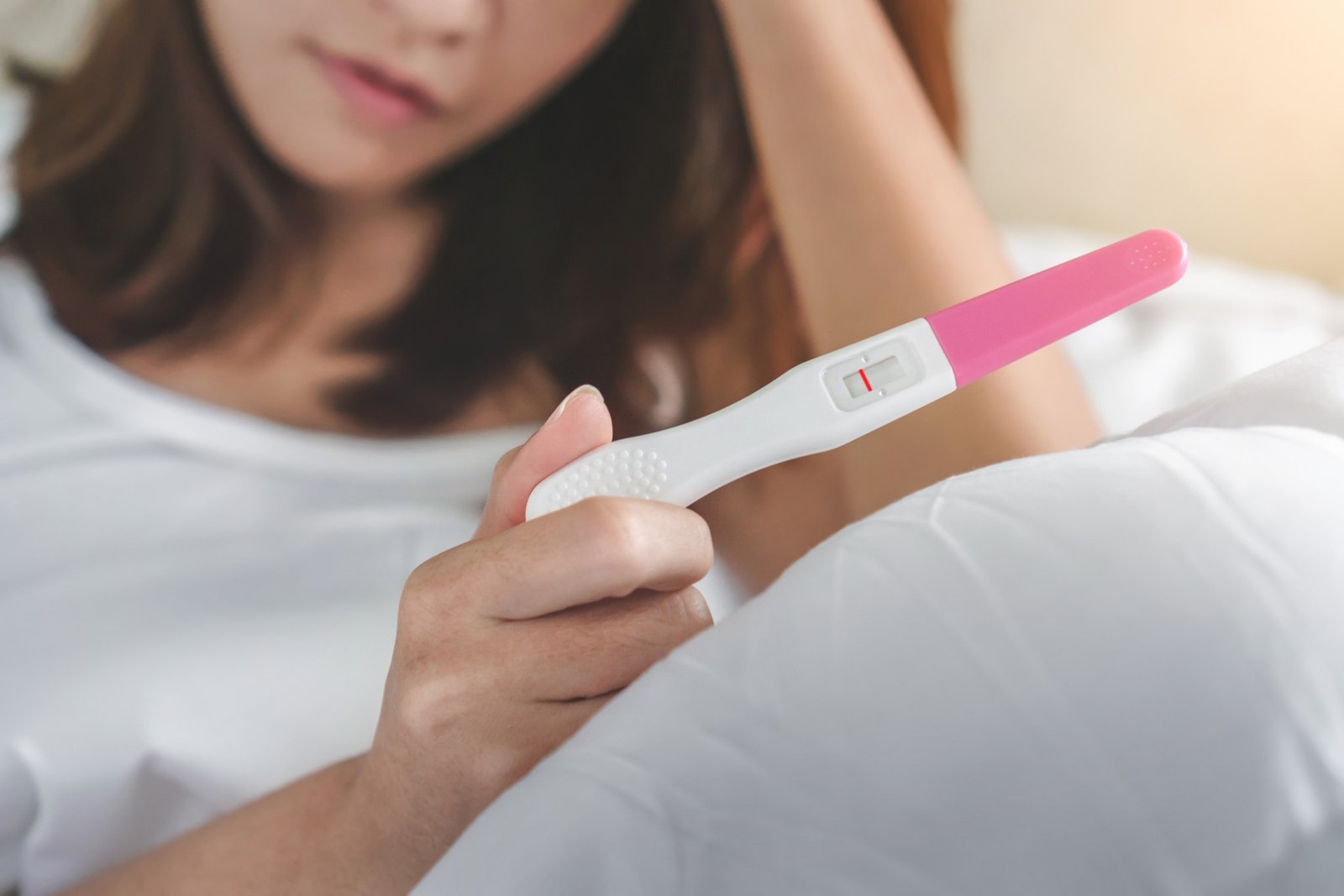
As per data analysed at Gunjan IVF World in the past two years, 40% of infertility cases are male factor-related, 40% are related to female infertility while the remaining 20% are a result of combined causes
In India, infertility is commonly perceived to be a woman’s problem only and often assumed that it has nothing to do with the husband. This is however not true; say the fertility specialists of India’s most trusted IVF centre in Ghaziabad – Gunjan IVF World. According to these specialists, infertility is described as a condition that affects both men and women equally.
“Infertility involves the man too! It is important for men to be aware of that. Research indicates that the number of male factor infertility cases in India are very real and on the rise. It is crucial for couples to know this,” said Dr. Gunjan Gupta, best IVF specialist ,Ghaziabad and Director & Founder of Gunjan IVF World, the best IVF centre in Delhi too.
Unfortunately, talking about infertility or seeking help is delayed in India. Couples often consider infertility to be a taboo – something which cannot be discussed openly. However, it is important to know that just like any other medical problem, infertility too is just a medical condition which can be effectively treated and there is no shame in opening up and taking treatment. Living in denial is not the solution. Being aware is.
Infertility triggers or reasons can be categorised as:
1. Female led factors
2. Male led factors
3. Other medical factors
4. Genetic factors
5. Unknown factors
“Yes, almost 40% cases pertain to female factors. A woman who is having difficulty getting pregnant or carrying a pregnancy to term should immediately seek the help of a fertility specialist,” says Dr Anshu Dhar, IVF specialist, best IVF centre in Ghaziabad.
The female factors can be classified further as:
Advanced age
No eggs in the ovaries or poor egg quality
Menstrual & ovulatory problems
Structural problems of the reproductive system including blockages
Certain infections
Failure of an egg to mature properly
Implantation failure
Endometriosis
Polycystic Ovary Syndrome (PCOS)
Primary Ovary Insufficiency (POI)
Certain uterine fibroids
Autoimmune Disorders
Cancer diagnosis
In our forthcoming blogs, you will read more about the other critical factor – male infertility.
“According to research, the ideal age to plan a baby is 26-30 years. But couples today tend to delay their pregnancy plans to a later age because of various social commitments. Please know that after 35 years of age, there is a significant decline in the fertility levels and after 43, achieving a pregnancy becomes extremely difficult,” sums up Dr. Gunjan Gupta, leading IVF specialist at Gunjan IVF World, the best IVF clinic in Indirapuram.
20+ Years Of Experience as Fertility Specialists
20 Years Of Experience as a Fertility Specialists
National Fertility Awards 2023
Call Us
+919990044555
Book An Appointment
Follow Us On
Related Blogs
Why is Nutrition Important During Adolescence?
Teenage years are one of the most exciting moments in life. During teenage, a body undergoes hormonal changes, weight gain or loss, growth, and physical changes.
What is the Difference Between Puberty and Adolescence?
Both puberty and adolescence are linked to one another. They depend on how these changes occur at this stage of life. Puberty and adolescence are closely associated with one another, but they are not the same thing.
Follow Us On
About Author





